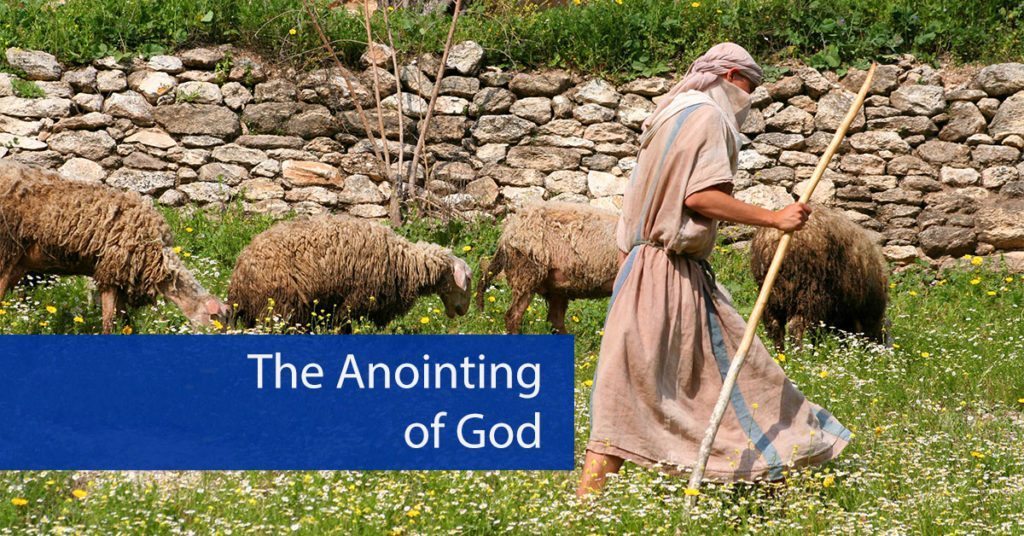 Samuel was dispatched by God to the house of Jesse to anoint one of his sons to become king in place of Saul. As each stood before the high priest, Jesse wondered: Would it be the tall, handsome one? Would it be the most skillful one? Would it be the son considered to be a warrior? It is likely that Samuel looked at Eliab and was reminded of Saul, the king with such promise. I Samuel 9:2 records that Saul was “a head taller than any of the others.” Unfortunately, stature had not produced a competent king, nor did it qualify Eliab to wear the crown.
Samuel was dispatched by God to the house of Jesse to anoint one of his sons to become king in place of Saul. As each stood before the high priest, Jesse wondered: Would it be the tall, handsome one? Would it be the most skillful one? Would it be the son considered to be a warrior? It is likely that Samuel looked at Eliab and was reminded of Saul, the king with such promise. I Samuel 9:2 records that Saul was “a head taller than any of the others.” Unfortunately, stature had not produced a competent king, nor did it qualify Eliab to wear the crown.
As Jesse’s sons paraded before him, surely Samuel would know which one was the right man, but as Jesse watched silently, he realized none would do. God rejected each of them for the role of king. He did not reject the man—no, not at all! Each one was beloved by God. It was simply that Jesse’s older boys were not God’s choice to rule over Israel. I Samuel 16, verse 10 notes, Jesse tried to present each son to Samuel in his best light, but without success.
Finally, a disappointed Samuel said to Jesse, “The Lord has not chosen these. Is that all?” Jesse thought of his youngest son who was out in the field keeping the sheep. He was certain he had known which of his sons would be the choice to become king, but there was no one left—except the youngster. Jesse must have reasoned: “He’s just a kid. He lives alone—well, just him and the sheep. How in the world could he be God’s choice? He’s not qualified. Surely Samuel doesn’t intend to anoint David! He’s just my harp-playing, psalm-singing son, occupied with sticks and stones and a slingshot. He just watches the sheep—a woman’s job.”
But Jesse obeyed Samuel and sent someone to fetch David. Samuel was determined that the gathering would not eat until the last son had stood before him and God. David was stunned when someone showed up to take his place in the sheepfold. He had been called home with no preparation, no indication of what the problem might be. Maybe he stopped by a stream to wash the smell of the sheep off his hands. Perhaps he just ran straight home; we don’t know. What we do know is that the moment Samuel saw this handsome young man with the beautiful eyes, he said, “He is the one! I will anoint him.” Just as Jesus said years later, “The last shall be first,” (Matthew 19:30, KJV.)
Regardless of what Jesse or Samuel thought, God had chosen David. He had equipped His choice in the Judean foothills; He had seen the heart of a servant in David, and He had watched as the young shepherd developed skills to protect his father’s flocks that had been entrusted to him. Now the youngest was to become king: “Then Samuel took the horn of oil and anointed him [David] in the midst of his brothers; and the Spirit of The Lord came upon David from that day forward” (I Samuel 16:13, NKJV).





